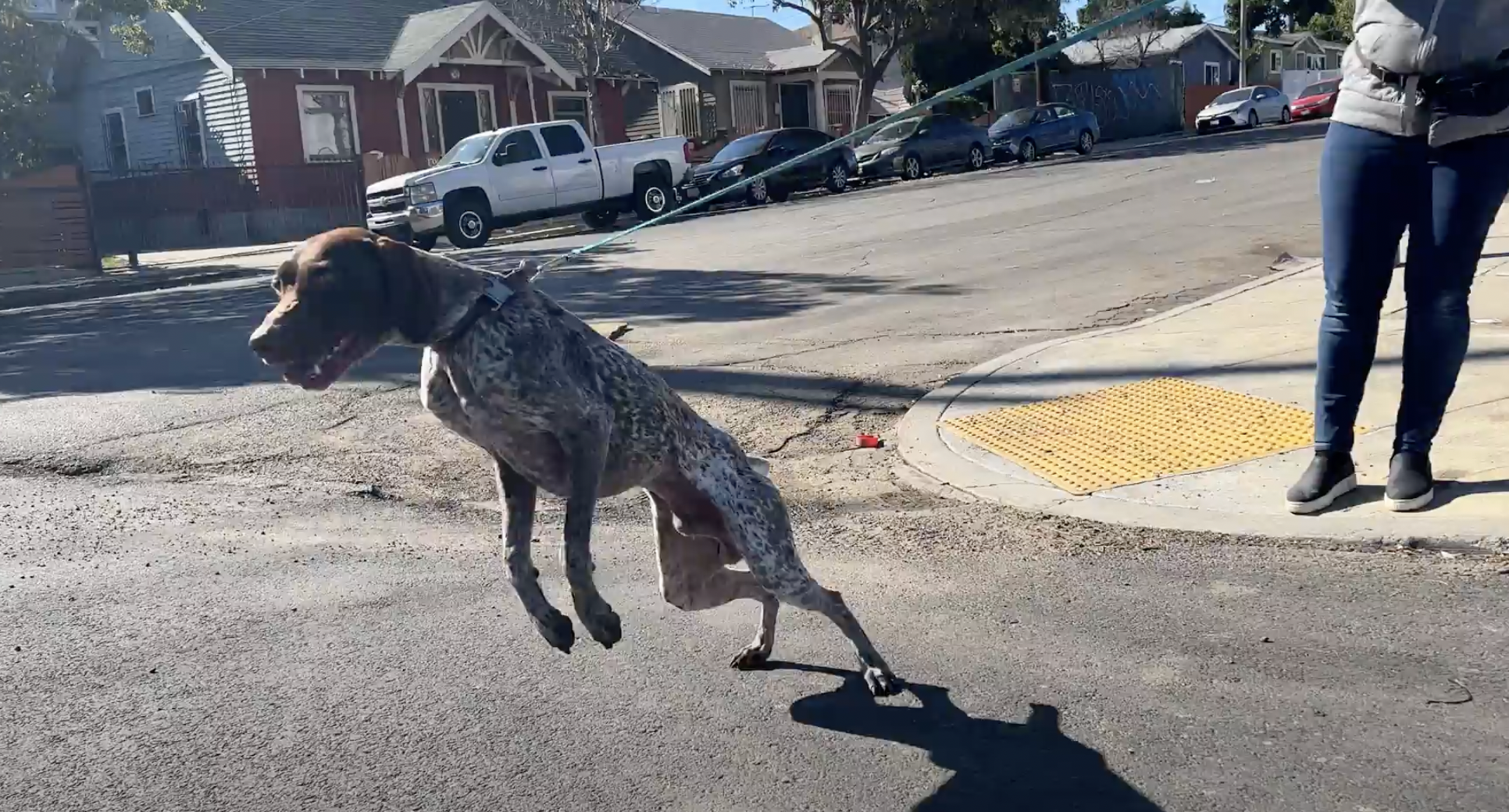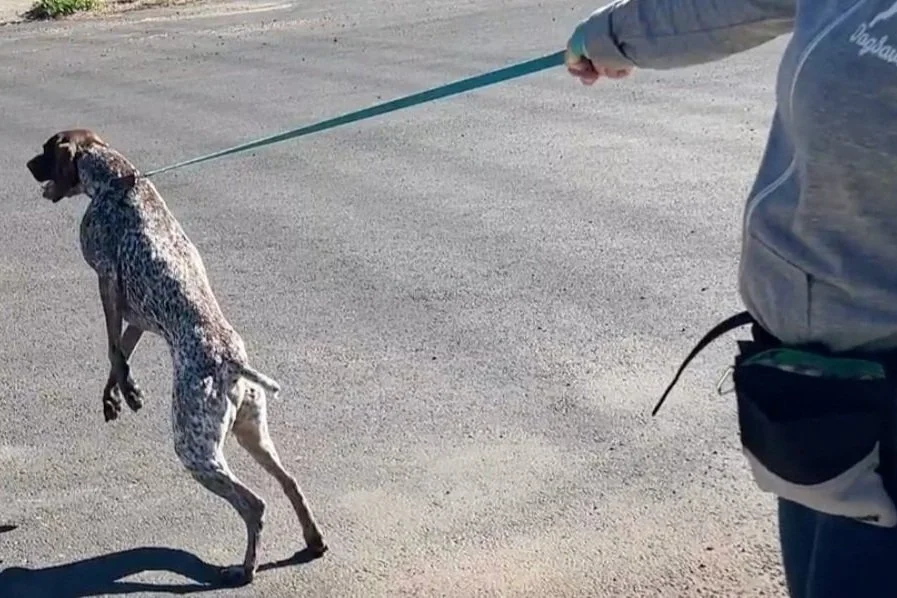Do You Dread Taking Your Dog for a Walk?
If your dog gets overstimulated or overwhelmed while walking on a leash, they may bark and lunge aggressively toward other people, dogs, or any moving object on daily walks.
This behavior is known as “leash reactivity,” a condition that can make your normally sweet dog appear aggressive and turn everyday walks into a nightmare!
Frustration and Overarousal Lead to Leash Reactivity
Leash reactivity has different root causes but is partly the result of a surge of energy produced by your dog's primal emotional responses to the environment.
Any time a dog experiences feelings of fear, worry, curiosity, or desire while walking on a leash, their arousal state will increase as their body gets ready to respond to environmental stimuli, resulting in hormonal secretions that flood a dog’s body with energy.
But, when they feel held back from responding naturally - either because they want to slow down to check something out before getting any closer (which indicates an underlying feeling of worry or concern), or the opposite, they want to approach something but can’t (indicating desire or excitement) - your dog can quickly get frustrated or distressed, resulting in lunging and barking as you get closer to the stimuli.
Regular rehearsals of this frustration or fear response turn the behavior into a bad habit, making it difficult to enjoy your walk with your dog or take them anywhere.
Over-Stimulation and a Lack of Early Socialization
Leash reactivity in dogs can be the result of a variety of factors such as:
A lack of early socialization,
A lack of comfort with being walked on a leash,
Over-stimulation or a dog feeling overwhelmed due to living in a dense urban area like a city where triggers are abundant.
Keeping this in mind, it's important to identify which of your dog's underlying natural canine drives may be the core cause of the leash reactivity when formulating a dog training and behavioral management plan.
This is because a dog who needs help getting more comfortable around unfamiliar humans and dogs (and other sights and sounds of the city) would need to be treated differently than a dog who is more confident but overly excited by everything.
To learn more, please visit our blog post on what causes a dog to become leash-reactive.
To speak to a specialist about your dog’s behavior and get a recommendation for a training plan, please book a private consultation using the link below.
Behavior Adjustment Training for Reactive Dogs
Behavior Adjustment Training (BAT) is a positive method of training a reactive dog that helps them learn to self-regulate in stimulating environments.
At Dog Savvy Los Angeles, we are experts at identifying the root cause of your dog's behavior and helping you turn the behavior around.
To solve your dog's leash reactivity, we recommend using Behavior Modification Training (BMT) that combines the principles of desensitization and counter-conditioning.
BMT changes how your dog feels around their triggers (a trigger is any stimulus that prompts the reactive behavior). It is also essential to incorporate a basic manners dog training program into your daily routine to teach them to earn some of the things they want and provide them with the mental and physical stimulation they need to be happy house pets.
BMT addresses your dog's emotional state and prevents them from getting over-stimulated. Basic manners training teaches your dog focus and self-control and reduces the amount of frustration they experience on walks - thus reducing their chances of becoming reactive.





⭐️⭐️⭐️⭐️⭐️
Using the help of Dog Savvy and Alexandra’s virtual 8-week training program I am happy to report Roli is thrilled to stay home by herself and I can lead a totally normal life, leaving her at home and relaxed when need be!